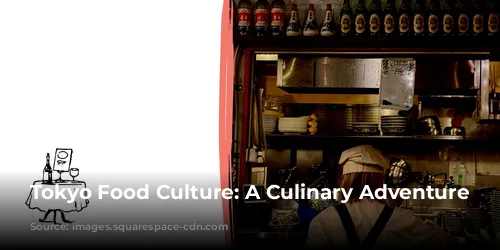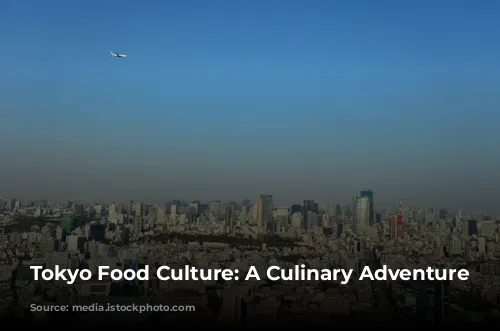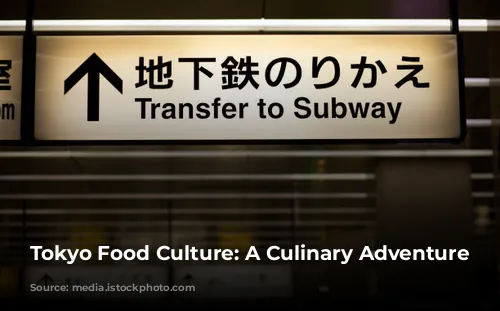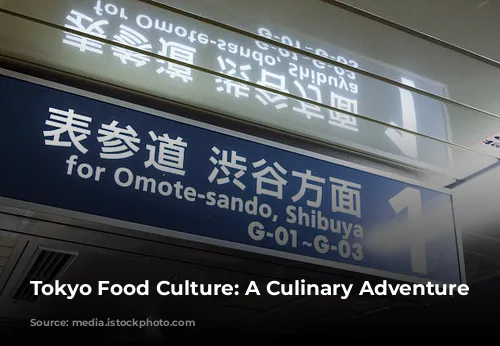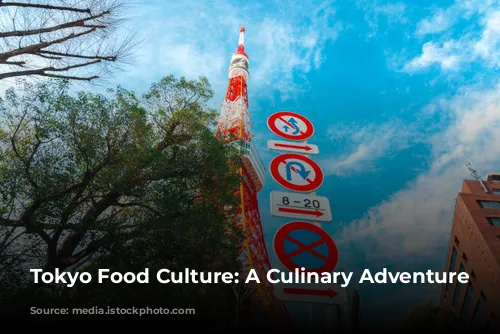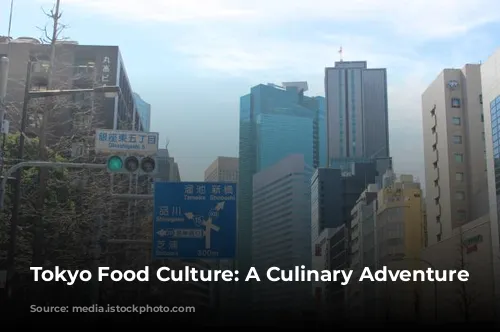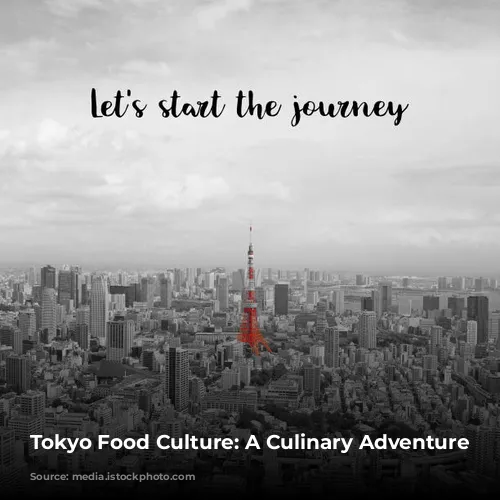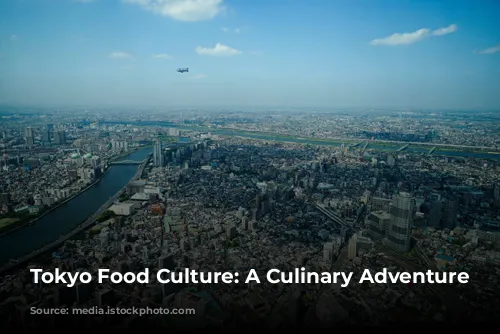Tokyo’s food scene is legendary! From the savory flavors of ramen to the delicate artistry of sushi, the city is a culinary paradise. But with so many amazing options, it can be overwhelming to know where to start. Fear not, adventurous foodie, this guide will equip you with the essential tips to navigate Tokyo’s gastronomic delights.

Dining Etiquette: Mastering the Basics
Let’s begin with the basics of dining etiquette. Stepping into a restaurant for the first time can feel a bit daunting, but relax! The first thing you’ll often do is indicate the number of people in your group. Simply use a hand gesture to show how many are in your party.
Many restaurants, especially smaller establishments and ramen shops, feature ticket machines. These handy devices are a simple way to order your meal and pay upfront. Choose your dish, pay, and a ticket with your order will be dispensed. Hand this ticket to the staff, and they’ll bring your delicious meal.
If there’s no ticket machine, don’t worry. You’ll usually need to signal the staff when you’re ready to order. A simple way to do this is to raise your hand and make eye contact. If they miss you, try saying “sumimasen” (excuse me). Don’t fret; it’s perfectly normal and a polite way to get their attention.
Need an English menu? Just say “eigo menu…?”. It’s broken Japanese, but they’ll understand your request.

Communication is Key: Essential Phrases for Travelers
When traveling in Japan, there are a few essential phrases you’ll want to have in your arsenal. These simple phrases will make your journey smoother and help you avoid any awkward situations.
One of the most common phrases you’ll hear (especially in convenience stores and when shopping) is “fukuro”, which means “bag.” This is often the only question you’ll be asked, so listen carefully.
If you need a bag, simply say “onegaishimasu” (please). If you don’t need a bag, say “daijoubu” (no problem).
Another phrase you might encounter, especially when paying, is “pointo cardo“, which means “point card”. If you don’t have a point card, just shake your head ‘no’.
Here are a few more essential phrases to add to your vocabulary:
- Daijoubu – It’s okay, I’m fine, no thank you.
Tip: Remember that the ‘R’ sound in Japanese is often pronounced more like a soft ‘D’, similar to Spanish. For example, “fukuro” sounds more like “fuu-kuu-dou”.

Respecting Japanese Customs: Cultural Considerations
You’re probably familiar with some of the etiquette and cultural norms in Japan. But here are some helpful reminders to ensure you’re respectful of local customs:
- Avoid eating or drinking on trains.
- Avoid eating while walking on busy streets.
- Avoid talking on your phone on trains.
- If you smoke, only do so in designated smoking areas.
- On escalators, stand on the left side (the right side is for walking).
These simple rules will help you navigate the city smoothly and respectfully.
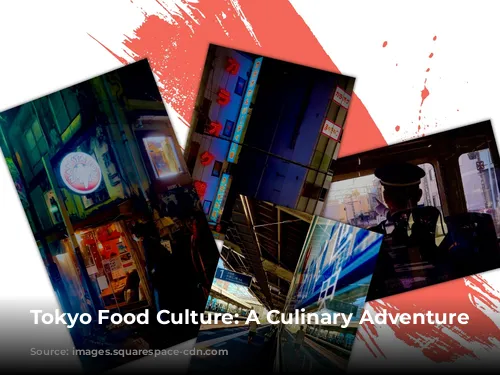
Share Houses: A Home Away from Home
For those seeking a more immersive experience, share houses are a fantastic option. These modern living arrangements offer flexible lease terms, affordable costs, and a strong sense of community. You’ll have your own private room (some even have apartments) while sharing a kitchen, shower, and restroom with other residents.
Share houses are also incredibly foreigner-friendly, catering to travelers and international workers. They typically have English-speaking staff, making them an ideal choice for solo travelers. Living in a share house offers the unique opportunity to connect with other travelers, locals, and friends.

Enjoy Your Tokyo Adventure!
Armed with this guide, you’re well-prepared to embark on a culinary adventure in Tokyo. From navigating restaurants to embracing local customs, you’ll feel confident as you explore the city’s vibrant food scene. Get ready to experience the magic of Tokyo’s food culture – it’s truly an unforgettable journey!
